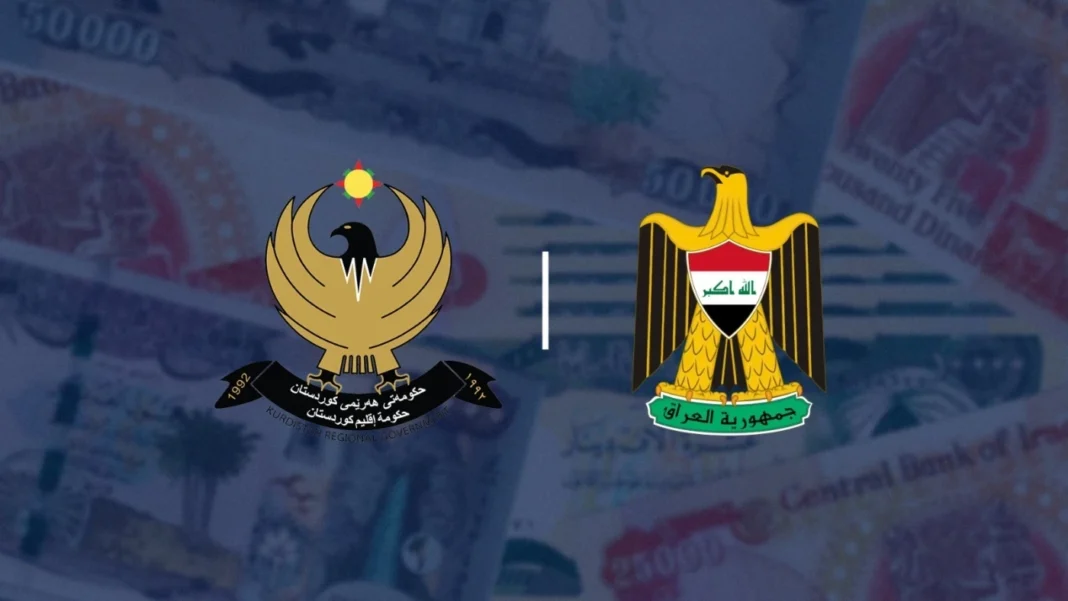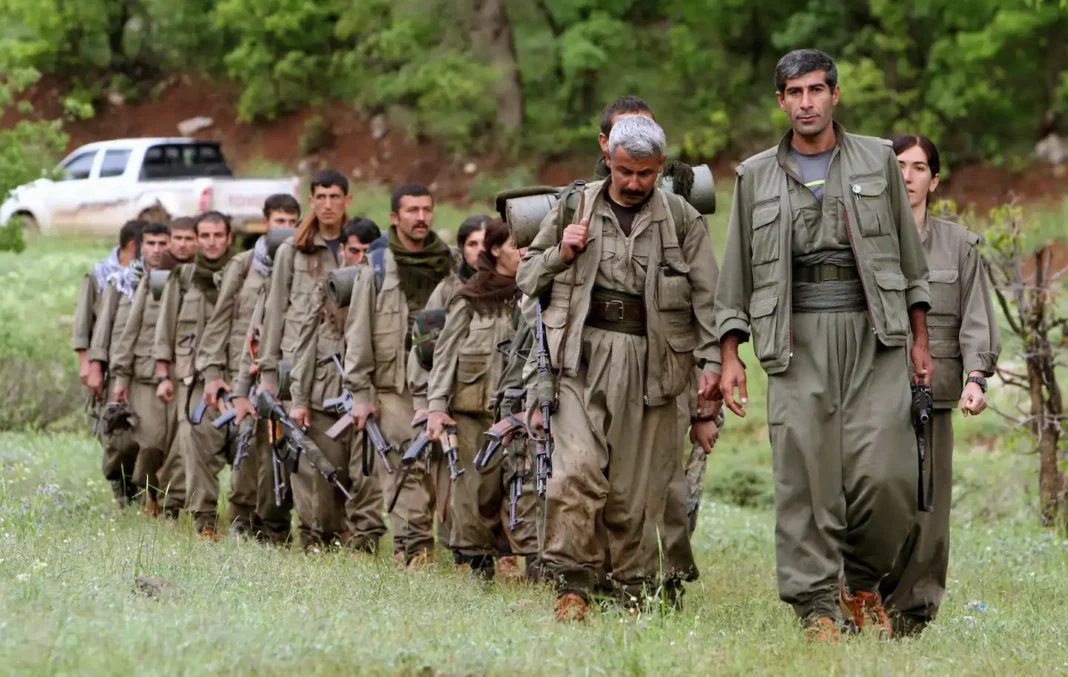The economic stability in Iraq improved on Sunday after the federal government transferred 945.87 billion Iraqi dinars to the Kurdistan Regional Government (KRG). The funds, equal to $716.58 million, will cover the Kurdistan Region’s public sector salaries for August 2025. The Kurdistan Regional Ministry of Finance and Economy confirmed the transfer in an official statement.
According to the ministry, the money was deposited directly into its account at the Central Bank of Iraq’s Erbil branch. The announcement came as the region entered the final week of October, easing growing concerns over salary delays. Officials said payroll disbursement would begin Monday and continue for three days.
As usual, the ministry plans to publish a detailed salary distribution chart following the transfer. Many employees have waited months for clarity after earlier interruptions to the federal funding pipeline. The smooth release of funds this month represents a positive development for both Erbil and Baghdad.
Tensions between the regional and federal governments escalated earlier this year. In May, Baghdad halted payments to the Kurdistan Region, accusing Erbil of exceeding its budget allocation and withholding key financial data. Negotiations later produced a breakthrough in July. Both sides agreed to restart transfers under new terms emphasizing transparency and shared responsibility.
Under that July agreement, the KRG committed to deliver 230,000 barrels of crude oil per day to the federal government. In addition, it pledged to send 120 billion dinars in non-oil revenues. Since then, Baghdad has released funds covering May, June, July, and August.
Earlier this month, the KRG once again urged Baghdad to continue regular salary payments. It cited full compliance with the trilateral oil export deal and the steady delivery of non-oil revenues. The cabinet reaffirmed that the agreement, signed between Erbil, Baghdad, and international stakeholders, had been implemented “well and without shortfall.”
The resumption of oil exports also strengthened confidence in the economic stability in Iraq. Exports from the Kurdistan Region restarted in late September after an 18-month suspension of the Iraq–Turkey pipeline. The halt, ordered in March 2023, followed an arbitration ruling in Paris. The September 25 agreement between Prime Minister Mohammed Shia al-Sudani’s government and the KRG marked what both sides called a “historic breakthrough.”
Under that deal, Iraq’s state oil marketer SOMO took control of export operations, ensuring greater federal oversight. The move improved coordination between Erbil and Baghdad, setting a foundation for consistent revenue flow.
Analysts believe that ongoing cooperation could reinforce fiscal predictability and maintain the economic stability in Iraq. Continued dialogue and transparent governance remain key to ensuring timely salary payments and shared economic growth across the country.



